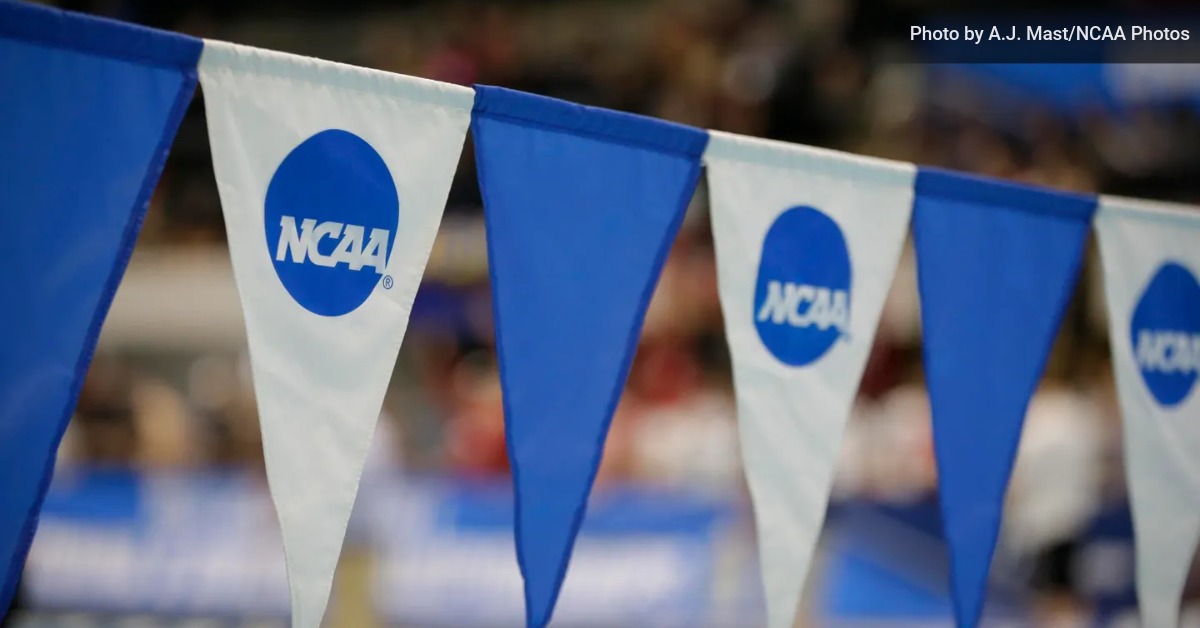College sports are changing faster than ever, and now, Congress is stepping in with two new bills that could completely reshape how athletes get paid and protected.
The SAFE Act (Student Athlete Fairness and Enforcement Act) and the SCORE Act (Student Compensation and Opportunity through Rights and Endorsements Act) both aim to bring national rules to the NIL and revenue-sharing era. But the two couldn’t be more different, one leans toward athlete empowerment, while the other protects the NCAA and traditional school structures.
The SAFE Act: Supporting the Athletes
Backed by Senate Democrats, the SAFE Act focuses on creating a fairer system for athletes and building long-term protections beyond their playing careers. It would:
- Require schools to share more revenue directly with athletes
- Guarantee scholarships for 10 years after a player’s eligibility ends
- Provide five years of medical coverage after college
- Set up national NIL rules, replacing the current patchwork of state laws
- Allow conferences to pool TV rights, potentially increasing funding for Olympic and women’s sports
The SAFE Act also includes an official registry for agents, capping their fees at 5%, and limits athletes to two penalty-free transfers, keeping some structure while still expanding athlete rights.
The SCORE Act: Protecting the NCAA
On the other side, the SCORE Act, supported by the NCAA and several major conferences, seeks to maintain the traditional college model. It would:
- Keep athletes as non-employees
- Limit transfers to once without penalty
- Give schools and the NCAA legal protection against lawsuits
- Require large athletic programs to continue funding at least 16 varsity sports
- Provide benefits like mental health support, degree completion assistance, and medical coverage
Essentially, the SCORE Act tries to lock in the current system while the SAFE Act pushes for major reform.
Why It Matters
Both bills claim to “fix” college sports, but they stand on opposite sides of the debate. Lawmakers will likely struggle to find middle ground, meaning a unified federal NIL law isn’t coming anytime soon.
For now, college sports will keep evolving through school-led initiatives and state laws, and athletes should stay informed, because the rules that shape their futures are still being written.




